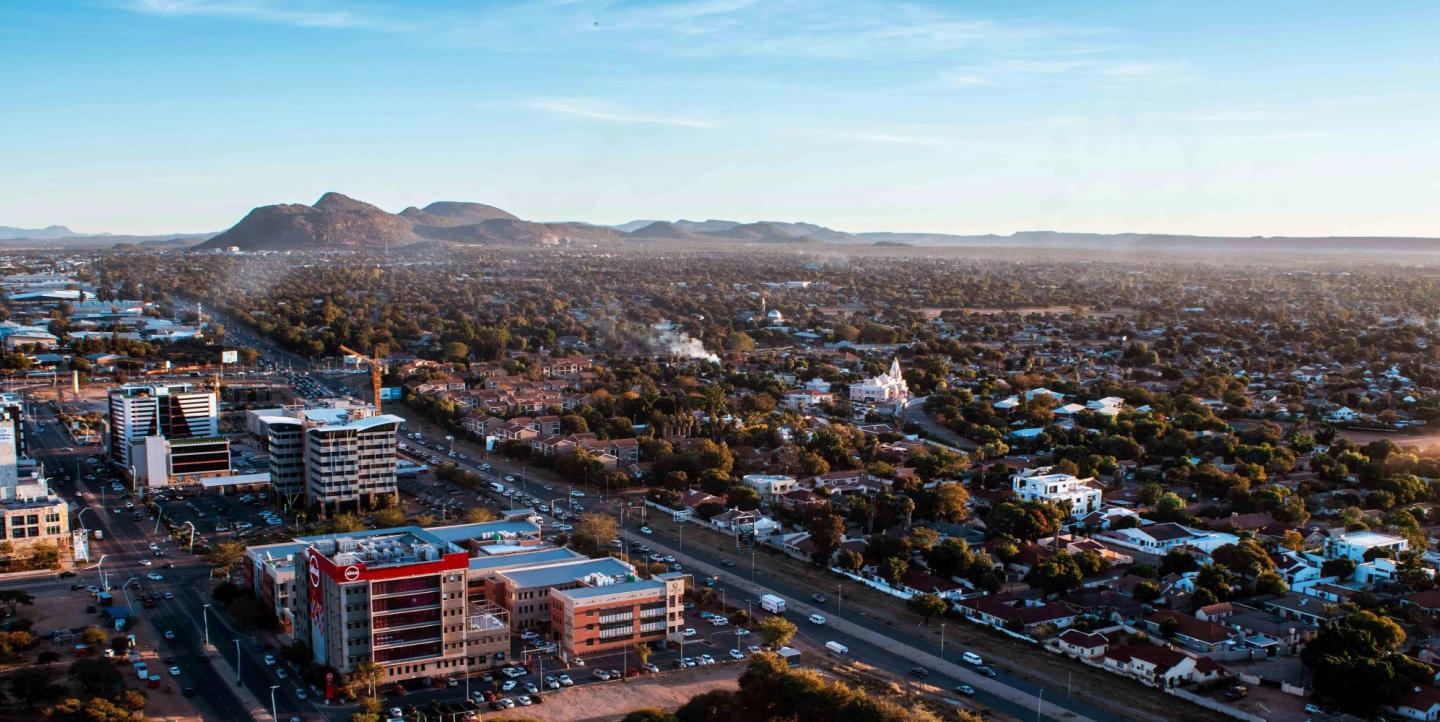There was uproar among media workers in Botswana in 2014 when the government initiated an advertising ban on local private media.
Revenue for traditional media suffered and independent media in the country found itself limping on one foot, as a result. Outlets drastically cut operational costs – which meant layoffs – leaving many journalists without work.
Almost a decade later, a small pool of journalists is left operating in Botswana. Outlets are unable to pay competitive salaries, making it difficult to attract employees.
Reporting on social media
In the past few years, however, there has been a rise in independent digital media in Botswana. These media platforms are run by small teams and operate primarily on social media, especially Facebook, X and LinkedIn.
Social media has made it easier for journalists and other content creators to establish a following, said veteran journalist, Pamela Dube. While still under-utilized in the country, it offers a plethora of opportunities for independent journalists to showcase their craft and tell authentic stories without censorship.
Among the largest independent media outlets are Argus Online, which boasts an editorial team of seasoned journalists covering politics and development; Parrot News Online, which is a general interest platform covering breaking news and politics; Moeladilotlhoko (“The observer,” in English), a human interest platform; and Century Buzz.
These outlets rely in large part on cash donations, sponsored content, and advertisements to sustain their operations, the journalists working at them told me.
Upholding journalistic principles
Keikantse Shumba, one of the founders of Argus Online, has emphasized the need for independent media to “follow journalism principles and standards.”
A cofounder of The Parrot News Online, Koketso Moswetsi, said that after registering the business the outlet aligned with institutions such as the Botswana Editors’ Forum for credibility and vowed to follow journalistic principles. "One major challenge [...] is that social media is generally not recognized as a formal news media platform; this makes it difficult to get a share of advertising but there have been good clients and they supplement income from charging for livestreams," he said.
In Botswana, the media industry has been run and controlled largely by state media and four big private media houses, Mmegi, Botswana Guardian, Botswana Gazette and The Voice, for many years now.
Dube, who has been an editor at Gazette, The Voice Botswana and Mmegi, as well as neighboring South Africa's Sowetan Live, is of the view that the current media landscape in Botswana is ripe for more competition. "There is opportunity for competitive independent smaller media to operate in Botswana," she said. “Readers have evolved and want refreshing content that is insightful and also impacts their lives.”
Now a media trainer with Women in News and working closely with the Media Institute of Southern Africa, Dube noted that Botswana has many stories to share, but there are too few content creators. “Our country has potential to tell authentic development stories on key issues such as climate, environment and tourism, and independent media can leverage that.”
Independent media should not only focus on readers inside Botswana, she added, but target a global audience.
Media legislation
Meanwhile, media laws in Botswana are not entirely oppressive, but they could be improved, said Dube. Government should do away with legislation that is used to target journalists, such as the country’s sedition law and others that allow intelligence services to seize equipment, conduct surveillance without a warrant, and more.
Local media’s heavy reliance on the government for its revenue also limits media freedom in the country. When the media depends on the government it can lead them to self-censor just to keep afloat, said Dube: “The media industry is run by business owners in the private sector who in turn rely on the government for revenue. This cripples the flow of fair content as business owners want to remain in the good books of government.”
The time is ripe, she continued, for independent journalists in Botswana to establish new ways of generating income and develop content that is interesting to a global audience.
“Botswana is an interesting country with a rich history, impressive laws and an engaging economic, political and social landscape. There is so much content on business, climate, health, environment and tourism,” she explained.
“In Botswana, we don’t have stories of conflict, war and mass human rights violations for example, or big scandals. It is usually only during election years when Botswana gets mentioned in the global media. What independent journalists and new media content creators can do is generate development stories."
Photo by Justice Hubane on Unsplash.


